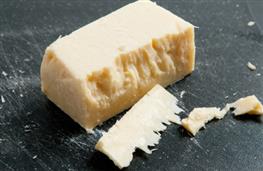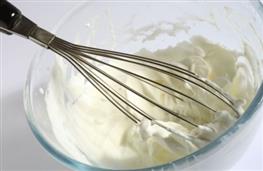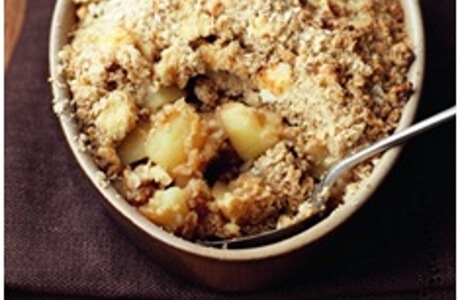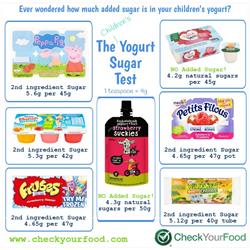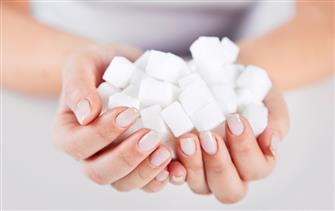Eating Fat and The Big Sugar Cover Up
Consuming cheese, milk and yogurt – even full-fat versions – does not increase the risk of a heart attack or stroke.
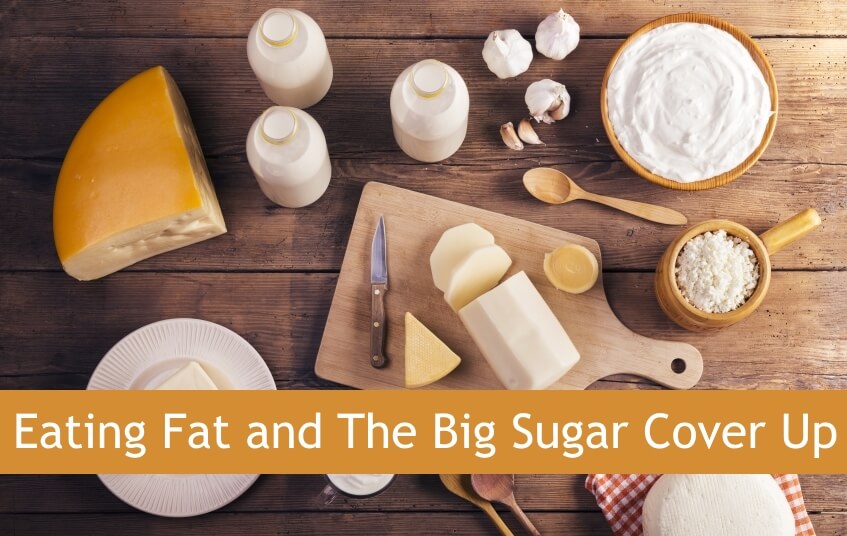
Share
Eating fat and the big sugar cover up
With the holidays over and no more worrying about the waistline we're wondering if it's OK to indulge in our favourite full fat treats. Who doesn’t love a cheese board and well for me a cheesecake with double cream on top!.
But what about all of that advice saying fat is bad for you?
Is fat bad for you?
There have been a lot of studies over the past few years challenging the widely held belief that dairy products can damage health and a study published back in April supports this.The study published in the European Journal of Epidemiology reports that consuming cheese, milk and yogurt – even full-fat versions – does not increase the risk of a heart attack or stroke.
Ian Givens, a professor of food chain nutrition at Reading University, who was one of the researchers, said: “There’s quite a widespread but mistaken belief among the public that dairy products in general can be bad for you, but that’s a misconception. While it is a widely held belief, our research shows that that’s wrong.
The results come from a new meta-analysis of 29 previous studies of whether dairy products increase the risk of death from any cause and from either serious heart problems or cardiovascular disease.
The study concluded that such foodstuffs did not raise the risk of any of those events and had a “neutral” impact on human health.
“This meta-analysis showed there were no associations between total dairy, high- and low-fat dairy, milk and the health outcomes including all-cause mortality, coronary heart disease or cardiovascular disease,” says the report.
Where did the study come from?
The study was carried out by researchers from Reading University, UK, University of Copenhagen, Denmark and Wageningen University and Research Centre, The Netherlands.Givens said: “Our meta-analysis included an unusually large number of participants. We are confident that our results are robust and accurate.”
What the government says
However, the government’s health advisers urged consumers to continue to exercise caution about eating too many products high in saturated fat and to stick to low-fat versions instead.“Dairy products form an important part of a healthy balanced diet; however, many are high in saturated fat and salt. We’re all consuming too much of both, increasing our risk of heart disease,” “We recommend choosing lower-fat varieties of milk and dairy products or eating smaller amounts to reduce saturated fat and salt in the diet.” said a spokesman for Public Health England.
What the researchers say
“consumers were shunning full-fat versions of cheese, milk or yoghurt in the mistaken view that they could harm their health. Young people, especially young women, were now often drinking too little milk as a result of that concern, which could damage the development of their bones and lead to conditions in later life including osteoporosis, or brittle bones, he said. Consuming too little milk can deprive young people of calcium”. said Givens“Pregnant women who drank too little milk could be increasing the risk of their child having neuro-developmental difficulties, which could affect their cognitive abilities and stunt their growth”,
The big sugar cover up and why it’s important
About 50 years ago, the sugar industry stopped funding research that began to show something they wanted to hide that eating lots of sugar is linked to coronary heart disease (CHD). A study released earlier this year, exposes the sugar industry’s decades old effort to stifle that critical research.The study says “Together with other recent analyses of sugar industry documents, our findings suggest the industry sponsored a research program in the 1960s and 1970s that successfully cast doubt about the hazards of sucrose while promoting fat as the dietary culprit in CHD.”
What happens if you take fat out of food?
From The BBC The truth about low fat foodsThe food industry got to work replacing the animal fats in their products with un-saturated vegetable oils. To do this the food producers used a process called hydrogenation which created a solid or semi-solid fat.
Unfortunately, we now know these hydrogenated fats increase levels of dangerous trans-fats which are both bad for the heart and our cholesterol.
Manufacturers also found they had to increase the amount of sugar in their products so we continued to enjoy their taste and texture. All of this meant that the typical low-fat product tended to be high in carbs, might contain trans-fats and had a very similar calorie count to the original product.
In fact when we eat foods high in carbs especially white refined ones, our bodies digest them more quickly. This can lead to blood sugar swings and cravings making it more difficult to control our overall calorie intake. A diet too high in these refined carbs and sugars increases the risk of diabetes, heart disease and causes high cholesterol levels.
So what should you do?
As more and more studies show that saturated fat is not the demon it’s made out to be can we go back to eating proper butter and full fat milk? Who doesn’t love toast slathered in dripping butter and smoked salmon?Aristotle said "everything in moderation" and this is usually a good rule to live by when it comes to healthy eating.
How to check you’re eating a healthy diet
To keep a check on what you’re eating, including dairy products and your calcium levels you should be keeping a food diary. It’s the only sure way to know that you are getting all of the vital nutrients you need to keep you healthy.We have the most comprehensive food diary on CheckYourFood and you can use it out for free by clicking below.
Now check these out
Love this? Get blogs and more in your inbox
Subscribe to receive our blogs plus each weeks featured ingredient, recipe and nutrient in your inbox
Thank you for registering

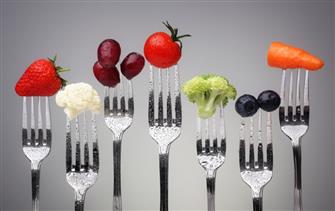 About nutrients
About nutrients
 All nutrients
All nutrients
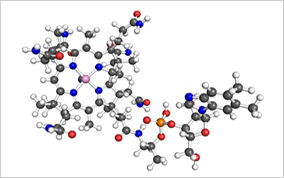 vitamins
vitamins
 minerals
minerals
 phytochemicals
phytochemicals
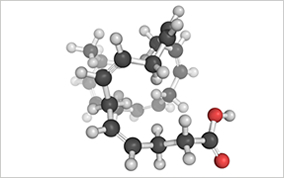 fatty acids
fatty acids
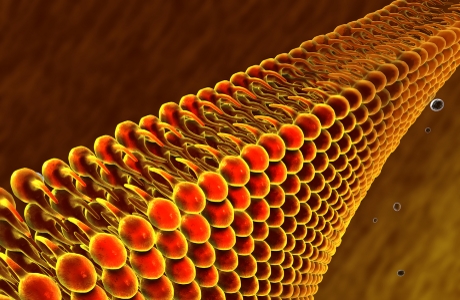 macronutrients
macronutrients
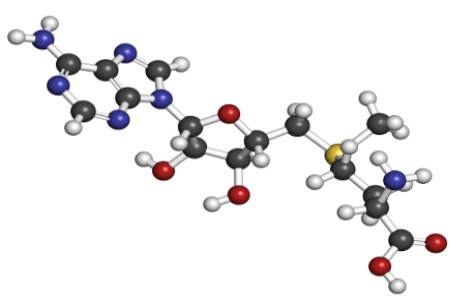 amino acids
amino acids

